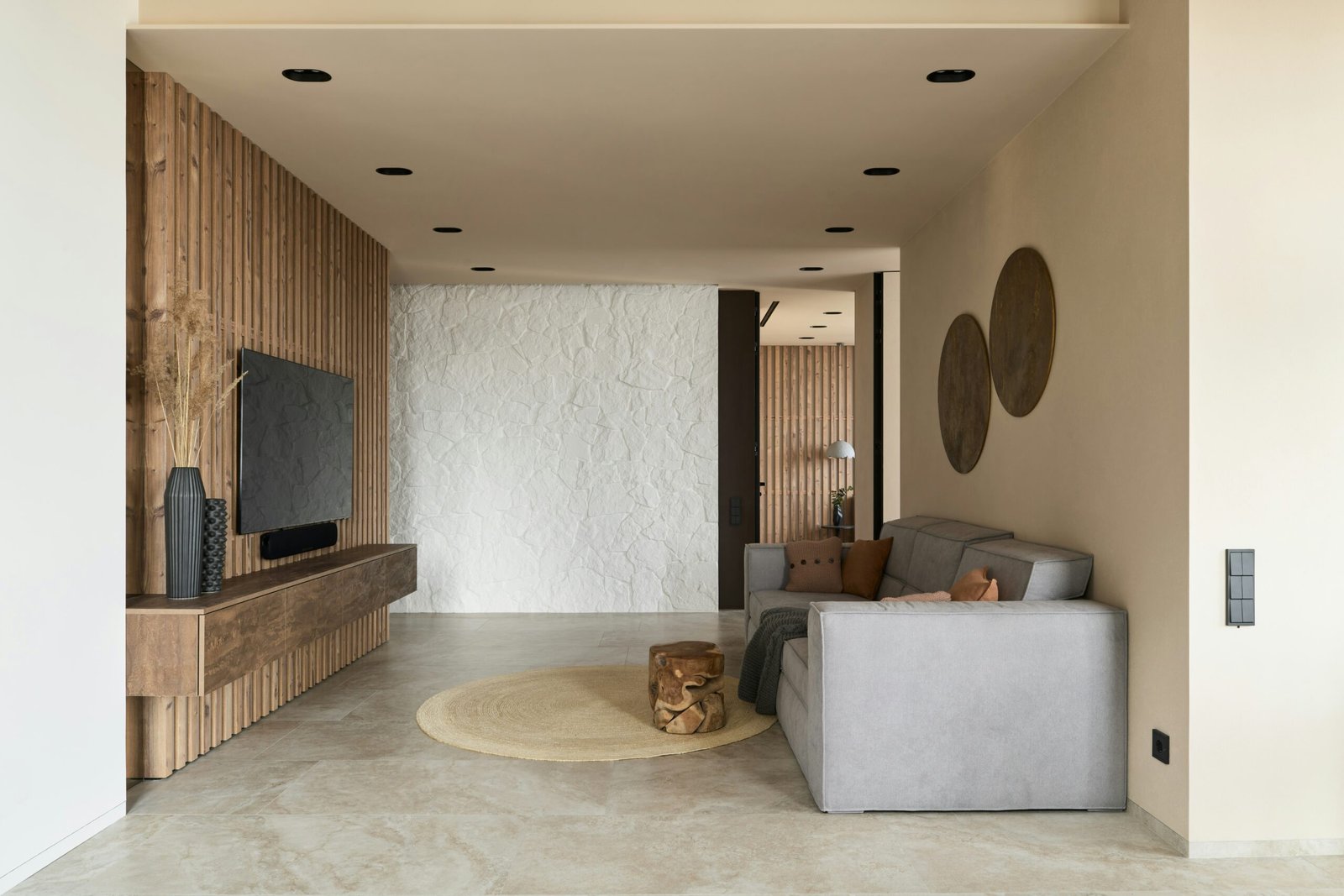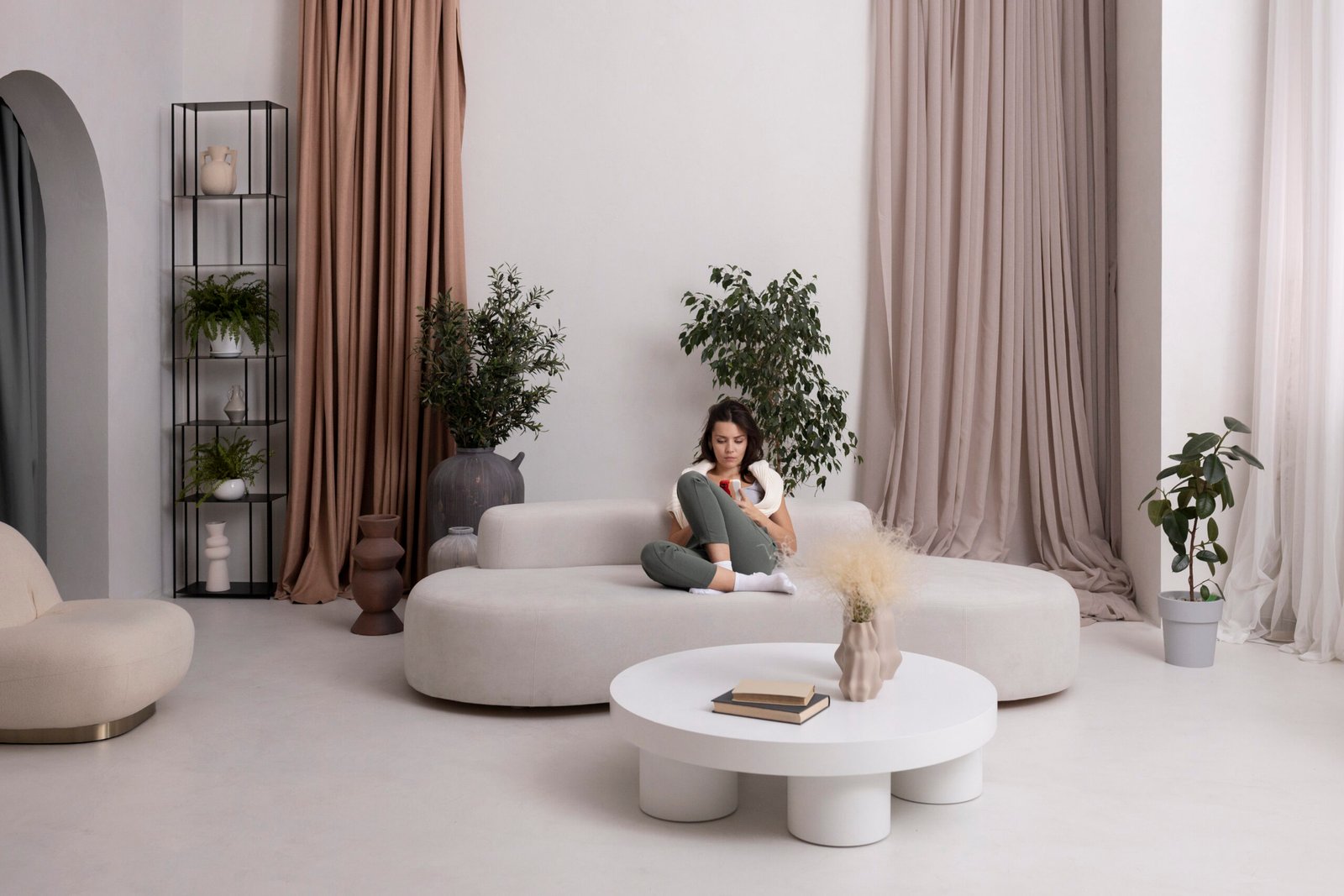August 11, 2025
Minimalism Is In—But Is It Quietly Draining You?
by Riley Rae

Why Clean Spaces Might Be Costing You Color, Energy, and Joy

Minimalism: it’s more than a lifestyle trend—it’s practically a cultural movement. At its core, minimalism is about living with less to feel more. Fewer distractions. Fewer decisions. Fewer objects in your space, mind, and calendar. It promises clarity, peace, and purpose—and for a while, it delivers.
That empty room? That beige couch? That one ceramic mug on a shelf? It looks like freedom.
But eventually, it starts to feel like emptiness.
Because here’s what we don’t talk about enough: while minimalism clears the clutter, it can also clear out the color—literally and emotionally. And that’s where the psychological drain begins.
When Calm Turns Into Cold
Your brain isn’t just wired to appreciate beauty—it craves it. Especially in the form of stimulation, contrast, and color. According to psychologist Dr. Jules Davidoff, people living in more colorful, vibrant environments have sharper color perception and, often, more emotional range. In one of his studies with the Himba tribe in Namibia, he found that people exposed to richer color palettes actually processed visual information more quickly and accurately.
Now imagine your brain in a pure white room.
Minimalism often strips away those natural cues that give your mind energy and spark. Instead of resting, your mind feels starved—under stimulated. The same way sensory deprivation makes the brain hyperaware and restless, a visually bland environment can leave you feeling low-energy without realizing why.
The Hidden Pressure to Be “Minimal Enough”
There’s also a creeping perfectionism in minimalist culture. You’re not just cleaning your space—you’re curating it. And suddenly, joy takes a backseat to “aesthetic.” You might toss out items that held emotional value just because they didn’t match your neutral color scheme. You might feel guilty for wanting something bold, colorful, or fun.
Minimalism promises control. But for some, it becomes a constant audit of your environment—another form of mental clutter disguised as order.

So… What’s the Fix?
Minimalism isn’t the enemy. It’s a beautiful place to start—especially if you’ve been overwhelmed. But it shouldn’t be the end of the journey.
Wellness is about balance. Let the clean space breathe—but also let your personality sneak back in. Add a colorful chair. Keep the messy shelf of books. Hang that print you love, even if it “clashes.”
Because sometimes, peace doesn’t come from having less.
It comes from having just enough of what lights you up.